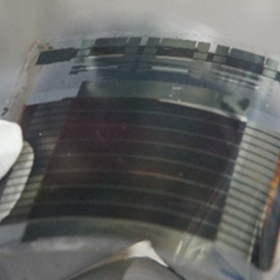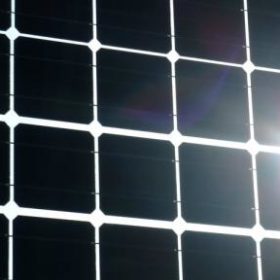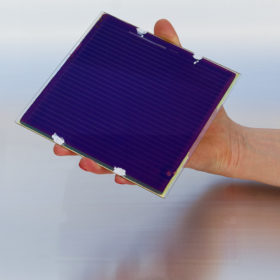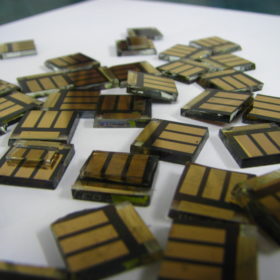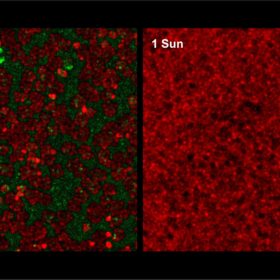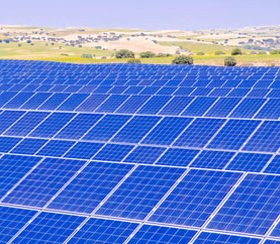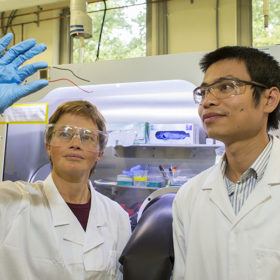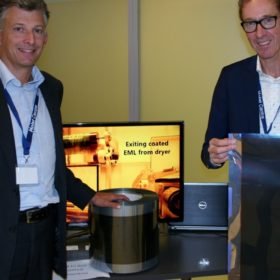Toshiba claims record efficiency with film-based perovskite solar mini-modules
Japan’s Toshiba has fabricated a perovskite solar cell mini-module with an energy conversion rate of 10.5%, which it claims is now the highest rate that has been reached throughout the world with a multi-cell mini-module.
Cambridge scientists say perovskite-based PV cells can achieve maximum 30% efficiency
Researchers from the University of Cambridge and Italy’s Politecnico di Milano have set a time limit for ultrafast perovskite solar cells and have quantified the speeds at which future solar cells would have to operate in order to increase efficiency.
Australia’s Greatcell signs MOU with JinkoSolar
Under a non-exclusive Memorandum of Understanding with JinkoSolar, Greatcell noted it would make available developmental perovskite cells for further evaluation.
Atomic scale design could pave the way to more persistent solar cells, study says
Researchers from ICL claim to have discovered the cause for the rapid decrease in performance of perovskites. Adding iodide ions may help improve the stability of solar cells.
EPFL researchers investigate effect of light in perovskite cell formation
Scientists at Swiss research center École polytechnique fédérale de Lausanne have published research showing how the presence of light can affect perovskite film formation. The study could result in higher efficiencies and better reproducibility in perovskite cell production.
Imec’s perovskite-based PV module reaches 12.4% efficiency
The Belgian research institute has improved the efficiency of its 4x4cm² perovskite module by 1.1%.
The pv magazine weekly news digest
No Trump, no Musk: just a week filled with excellent technological breakthroughs, encouraging acquisitions and market growth, and just a hint of Brexit-themed fake news. But the good kind.
ANU develops 26% efficient cell using perovskites
Researchers at the Australian National University (ANU) have achieved 26.4% efficiency using a stacked configuration of silicon and perovskite solar cells. The perovskite cell is semi-transparent and, according to ANU, could bring down the cost of generating solar power.
European research organization Solliance achieves record 12.6% industrial perovskite solar cell efficiency
The Dutch, Belgian and German R&D partnership sets world record for roll-to-roll perovskite/based solar cells, working alongside Dyesol, VDL Enabling Technologies Group, Smit Thermal Solutions and Bosch-Rexroth.
